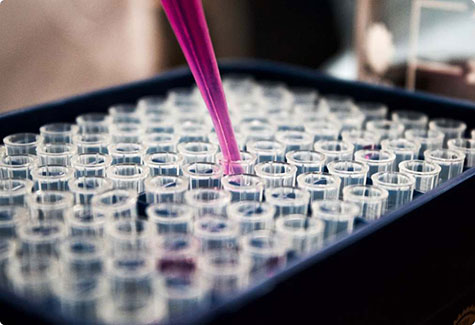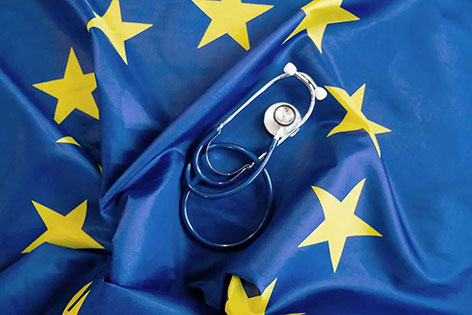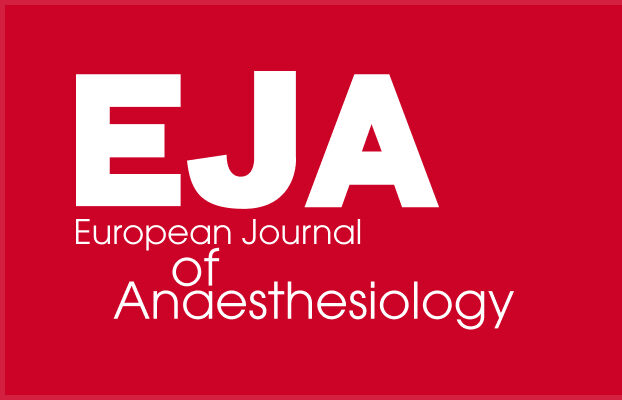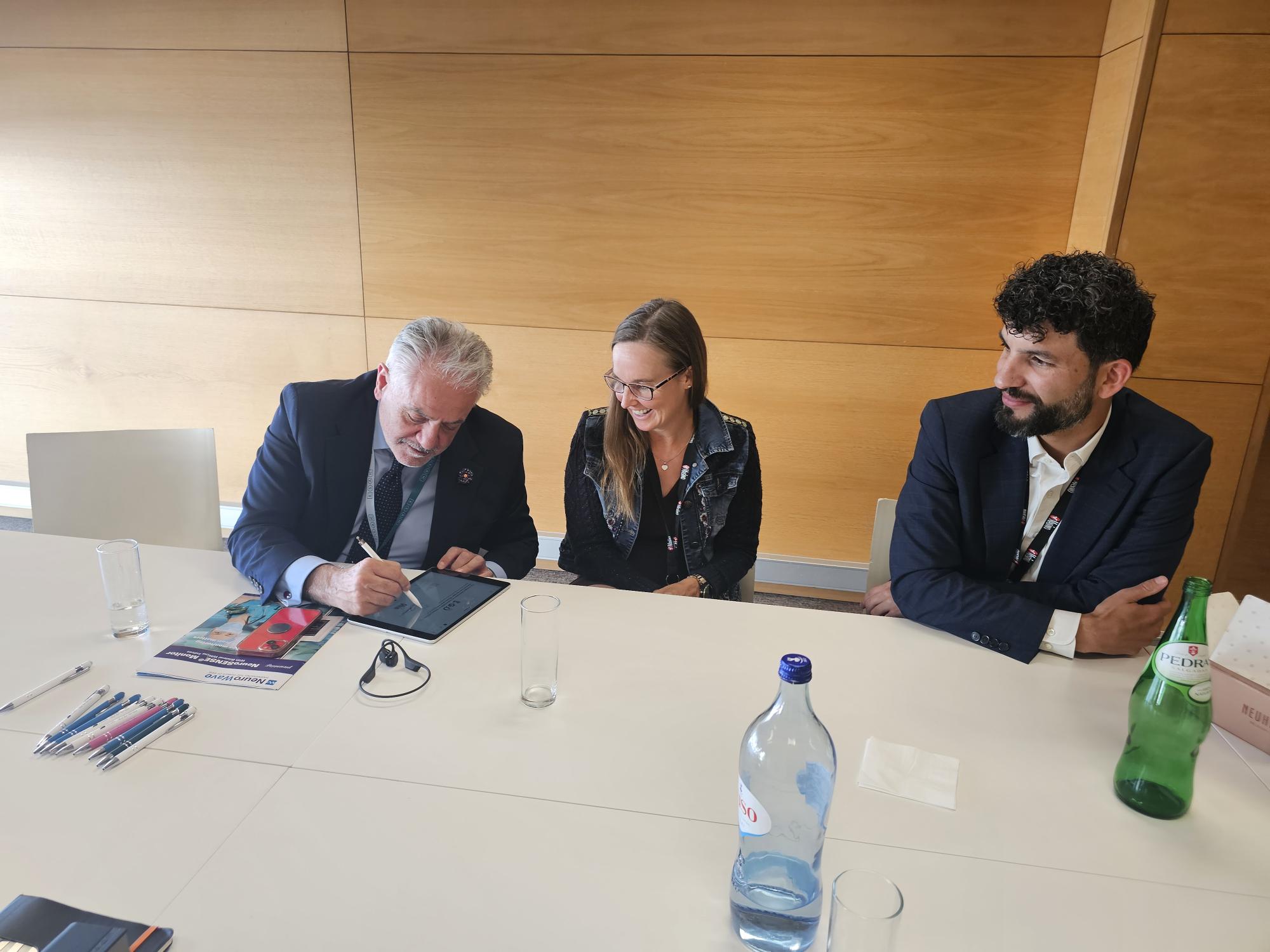Congress Newsletter 2025
Artificial Intelligence (AI) for better healthcare
The Prof. Ibsen Lecture will follow directly after the Sir Robert Macintosh lecture. Continuing this year’s themes of innovation and AI, Prof. Andre Dekker, from Maastricht University Medical Center and Maastro Clinic in The Netherlands, will present on the topic: Artificial Intelligence (AI) for better healthcare.
In today’s operating theatres, anaesthetists must manage increasingly complex patients, tighter schedules, and a decreased workforce, all while coping with growing pressures to improve outcomes and optimise resources. Artificial intelligence (AI) promises to help meet these challenges by enhancing risk prediction, precision dosing, and workflow management, with the aim to support clinical judgment and provide safer, more personalised care.
However, translating AI’s promises into practice presents significant challenges. Access to high‑quality, interoperable data is essential, yet patient records remain siloed and subject to strict privacy regulations. Numerous AI algorithms operate covertly, leading to significant concerns regarding transparency, bias, and trustworthiness. Rigorous validation, explainable‑AI techniques, and federated learning approaches are crucial to protect confidentiality, ensure fairness, and keep anaesthetists firmly in control.
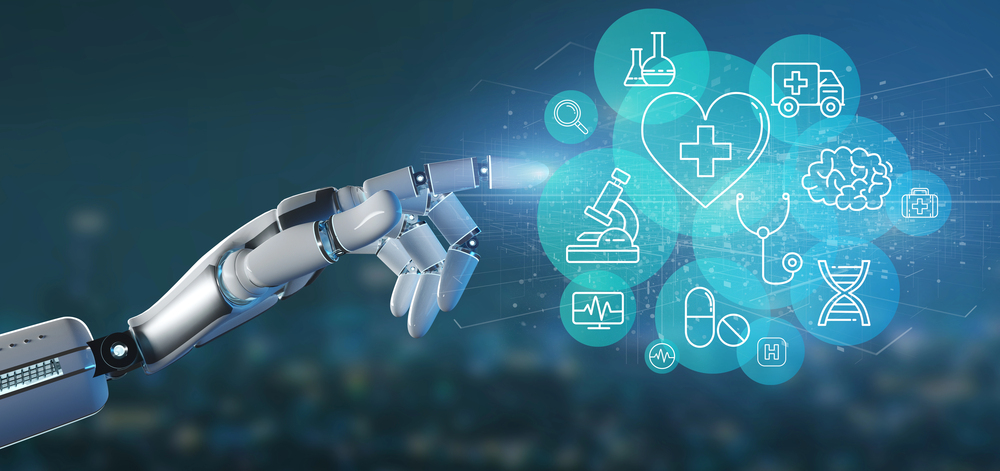
Prof. Dekker has been instrumental in creating systems that facilitate the Findability, Accessibility, Interoperability, and Reusability (FAIR) of health data. One achievement is the development of the Personal Health Train (PHT), a federated learning infrastructure that enables data sharing without requiring data to leave the hospital, thereby addressing ethical and privacy concerns.
By leveraging AI techniques, Prof. Dekker’s work aims to learn predictive models from shared health data. The implementation of these AI models in clinical settings has the potential to enhance patient care by providing more accurate prognoses and informing treatment decisions.
What do you see as the most urgent problems in healthcare today that AI can help solve?
AI can help in two ways. AI can make healthcare more efficient by automating tasks now done by humans, think of administrative tasks, supporting operations/process and triaging/diagnosing/reporting medical images. Most short-term gains are expected here. But I am personally more interested in using AI to make healthcare more effective, i.e. using AI to make better decisions on what to do in an individual patient. This typically requires a prediction of the future health state of that individual as a function of the things we might do. This is something that humans are very bad at, and AI can help solve that.
How do we ensure that AI enhances, rather than diminishes, human-centred care?
If done well, AI can reduce the routine, burdensome, numbing tasks that many health professionals do today. This ensures more actual interactions with patients, which is where the value-add of human contact is irreplaceable. AI can also help to predict/suggest better and more objectively than doctors in an individual patient what outcomes they can expect. This will enable more meaningful shared decision making and ensuring that the care an individual receives is the best for them.
Anaesthesia involves real-time decision-making in high-stakes environments. How can AI improve the safety of anaesthetic care in the perioperative pathway? Can AI predict intraoperative complications such as hypotension, awareness under anaesthesia, or difficult airways more accurately than physicians? Would it be quicker and more reliable in picking up the onset of serious conditions such as anaphylaxis or malignant hyperthermia?
Yes, to all of these. In general AI is better than humans in predicting what will happen after a certain intervention. Having said that, AI will also need to identify where it is uncertain and how human oversight should be organised.
You’ve been a pioneer in the FAIR data-sharing movement. How does the Personal Health Train improve data privacy and collaboration across hospitals?
The PHT concept implements federated learning, a method where we can learn from each other’s data without the need to share data. This has obvious privacy benefits and also makes it way easier for hospitals to work together. However, a condition of the PHT is that hospitals agree with, is how to store and make data available. i.e. they need to make their data FAIR. What the PHT has done is to give people a reason to make their data FAIR, rather than it staying an esoteric scientific concept. The PHT makes FAIR data “real”.
What are the biggest barriers preventing widespread adoption of FAIR data principles in healthcare?
The time/resources it takes to make data FAIR is still the biggest barrier. Easier technology (including AI based ones) and legislation (e.g. EHDS) is expected to make it easier in the future.
Your AI models are widely used in oncology. What are some of the most exciting breakthroughs you’ve seen in AI-powered cancer treatment?
In oncology, I feel the most exciting has been the Dutch model-based indication system for proton therapy. This is the first time that AI/data-based predictions are exclusively used to provide indications / reimbursement for a treatment. Doctors do not have a say in this. This is conceptually a paradigm shift.
Beyond oncology, which medical fields do you think will benefit the most from AI in the next 10 years?
Imaging based disciplines will benefit most, so radiology, radiation oncology, pathology, ophthalmology, dermatology etc. Next come the signal-based disciplines such as neurology, anaesthesiology, cardiology etc. This is driven by the amount and the standardisation of the input data that these disciplines use.
In parallel, driven by foundation models (e.g. large language models such as GPT), all disciplines will benefit from fewer admin tasks but especially the “narrative” medical disciplines will be supported by AI to facilitate decision making. Think of GPs that are alerted to a possible, missed (rare) diagnosis given the story that the patient tells.
The Prof. Ibsen Lecture will take place on Sunday, 25 May, at 09:30 – 10:00 WEST in the lecture hall Lisboa.
References:
https://www.maastrichtuniversity.nl/alaj-dekker

